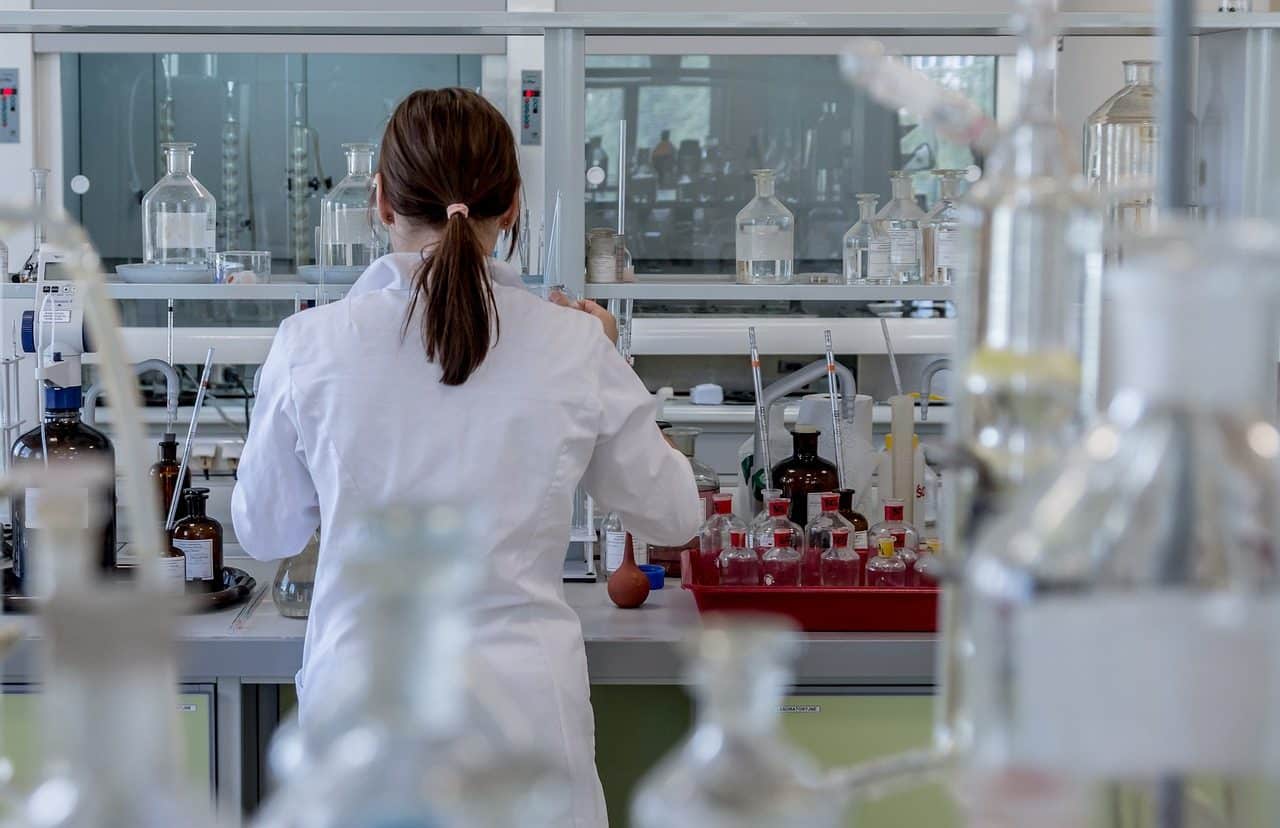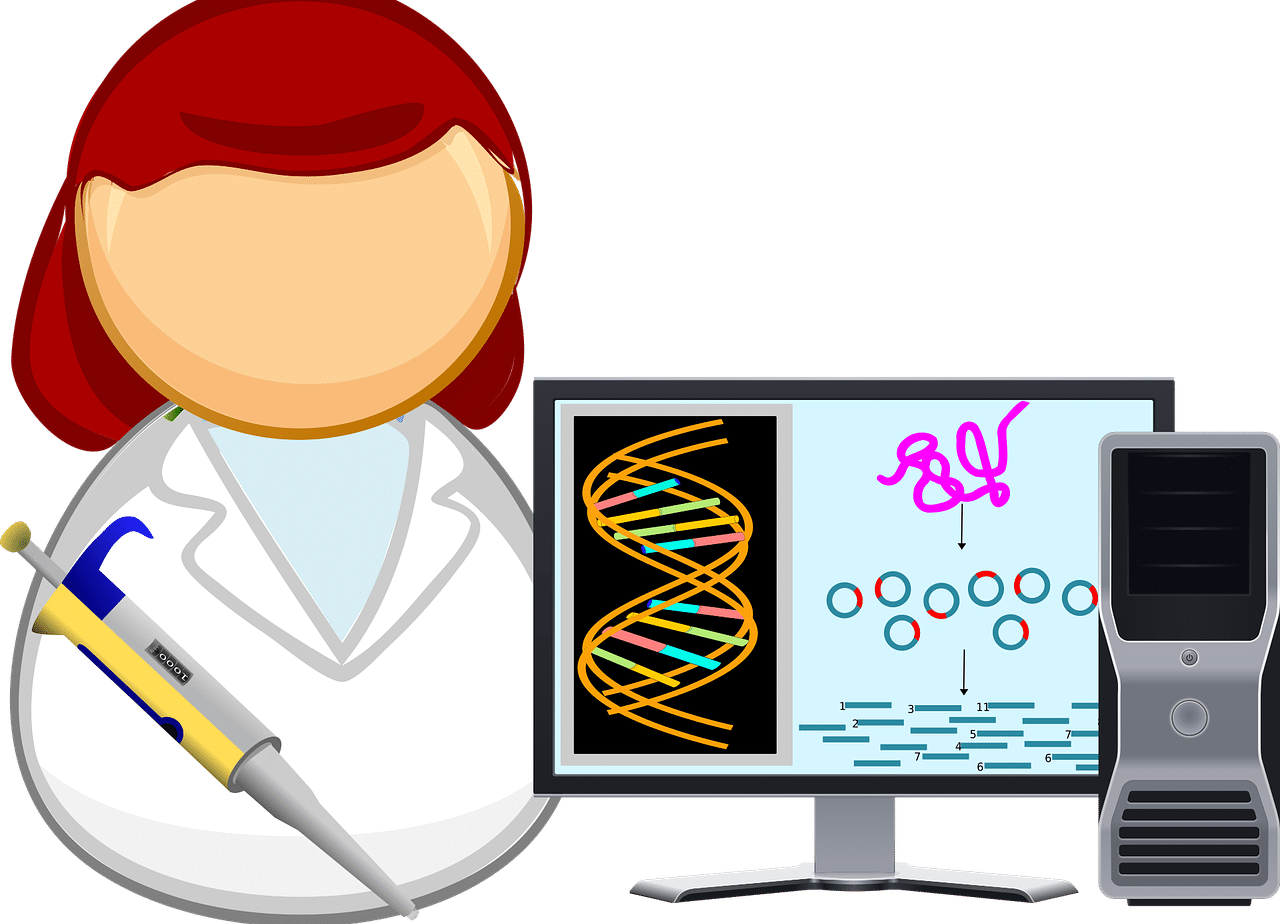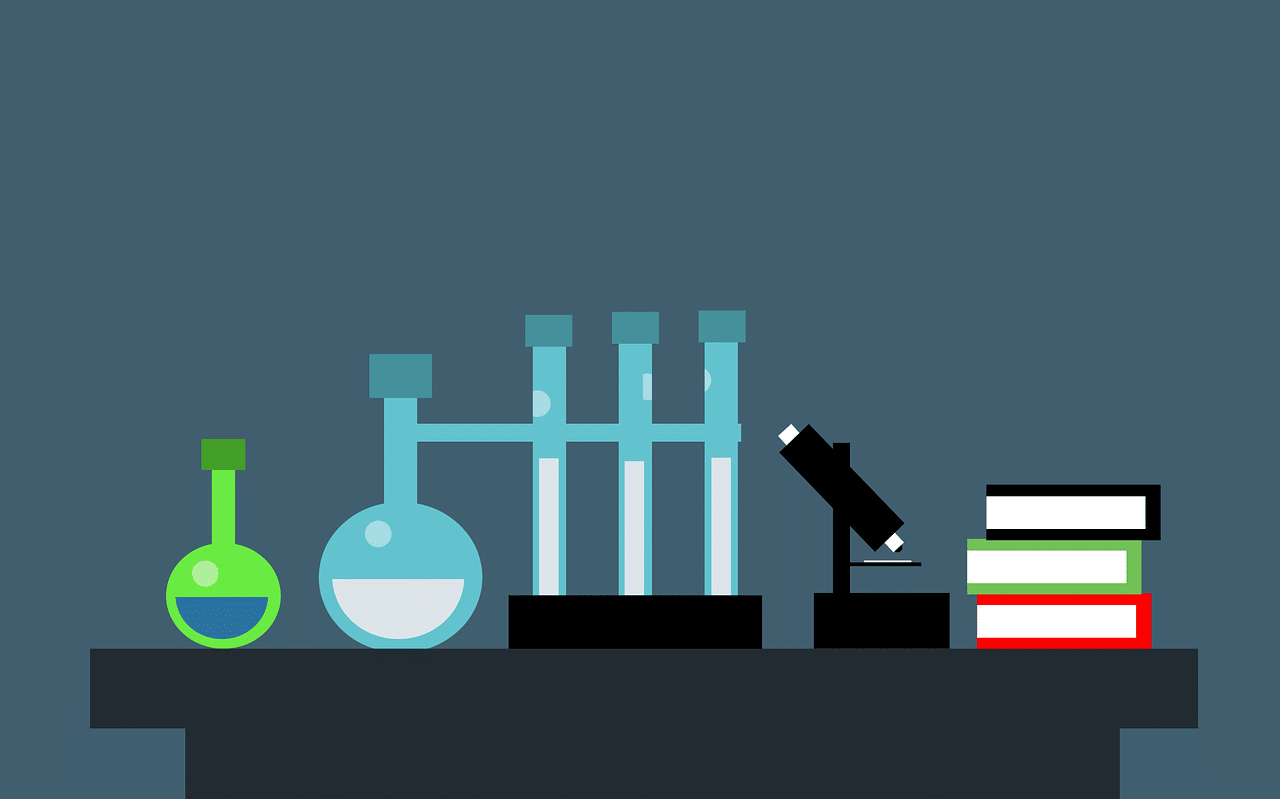
Synthetic biology takes advantage of and combines elements of biochemistry, physics, engineering and molecular biology to work on biological systems.
Synthetic biology is an interdisciplinary discipline built and fed by knowledge, resources and tools from the fields of engineering , computer science and biology .
It is based on the redesign of an already existing biological system to add functions or particularities that do not arise naturally. In this framework it is possible to synthesize biomolecules and develop microorganisms that can be manipulated and programmed to carry out a specific biological action.
It is interesting and enriching to learn about the foundations, techniques and scope of synthetic biology . For this reason, below we will share useful data on methodologies, fields of application and news in this regard.
Synthetic biology methodologies
Multiple methodologies are used in synthetic biology , some more advantageous than others. It cannot be overlooked, in this context, that the advancement of technology and scientific discoveries allow working methods to be improved and modernized.
The in silico modality makes it possible, for example, to develop genetic engineering simulations. To be useful, these computer simulations must have a model that encompasses standardized components and optimized genetic circuits .
Directed evolution is taken into account, meanwhile, in the so-called DNA shuffling , which seeks to recombine several DNA sequences with the aim of obtaining libraries of genes considered chimeric .
Mutagenesis and tools from the field of bioinformatics , on the other hand, are key to being able to determine their minimum genome in the case of synthetic microorganisms . And it serves, in certain situations, to expand the genetic code to, through the transcription and translation of DNA and RNA , promote the emergence of novel forms of life through the manufacture of microorganisms that have a genetic code different from that which characterizes beings. current living.

The application of artificial intelligence in synthetic biology allows, for example, to improve protein design and innovate in this field.
Applications
Synthetic biology is having an increasingly diverse and widespread field of application.
To address environmental problems, to point out a frequent case, alternatives such as bioremediation (which appeals to the development of microorganisms to recover natural environments affected by pollution ) and bacterial/bacterial biosensors (which can deal with the detection, in real time, of pathogens or polluting or toxic substances such as, among other elements, metals present in water).
Synthetic biology also excites those who specialize in biomaterials engineering and those dedicated to nanotechnology because of the options it offers to better control nanomaterials . It is also expected that in the long term this discipline will mark a before and after in the consolidation and evolution of biomedicine . Consolidating the synthetic vaccine segment is another of the challenges of this multidisciplinary science .
It has emerged, to add details, that a few years ago a group of professionals specialized in biomedical engineering developed a procedure capable of considerably increasing the amount of genetic components ready to be used in synthetic biology activities. This novelty opens the door to the design of genetic circuits of enormous complexity, the emergence of therapies based on stem cells and the manufacture of highly precise devices that facilitate and speed up the diagnosis stage in certain pathologies.
Without a doubt, synthetic biology has great revolutionary power. However, it is necessary to work with commitment, responsibility and ethics so that research, findings and progress are enriching and positive for most of the planet. Ultimately, efforts must be aimed at positioning synthetic biology as a tool with immense potential and few adverse effects capable of benefiting both human beings and other species that inhabit the Earth .

The Massachusetts Institute of Technology (MIT) has given impetus to the iGEM (International Genetically Engineered Machine) competition to promote projects and developments that, through synthetic biology, improve the reality of the population.
Synthetic biology news
Synthetic biology continues to grow and deepen thanks to continuous scientific research, cutting-edge experiments and innovative developments.
A group of researchers linked to the University of California , for example, has recently gained international relevance for having created an enzyme that marks a momentous advance in the history of enzyme engineering . This achievement, those responsible said, reflects the constant growth of synthetic biology and opens hopeful spaces in therapeutics because it could be used to establish better therapies and design more effective drugs.
At the University of Pennsylvania , meanwhile, the focus is on the challenge of creating artificial chromosomes compatible with the cells of the human body. There has already been evidence in this regard in yeast and bacteria , but there is still a lot of work to do and obstacles to overcome to finally be able to take advantage of an artificial chromosome in a gene therapy aimed at correcting or curing certain diseases that threaten survival or development. well-being of people.
Some time ago, to detail another novelty, Decypher was launched, a project that emerged in Europe that invites machine learning , synthetic biology and artificial intelligence to come together. The intention is to achieve optimal artificial production of flavonoids and terpenoids in order to benefit the industrial biotechnology sector.
